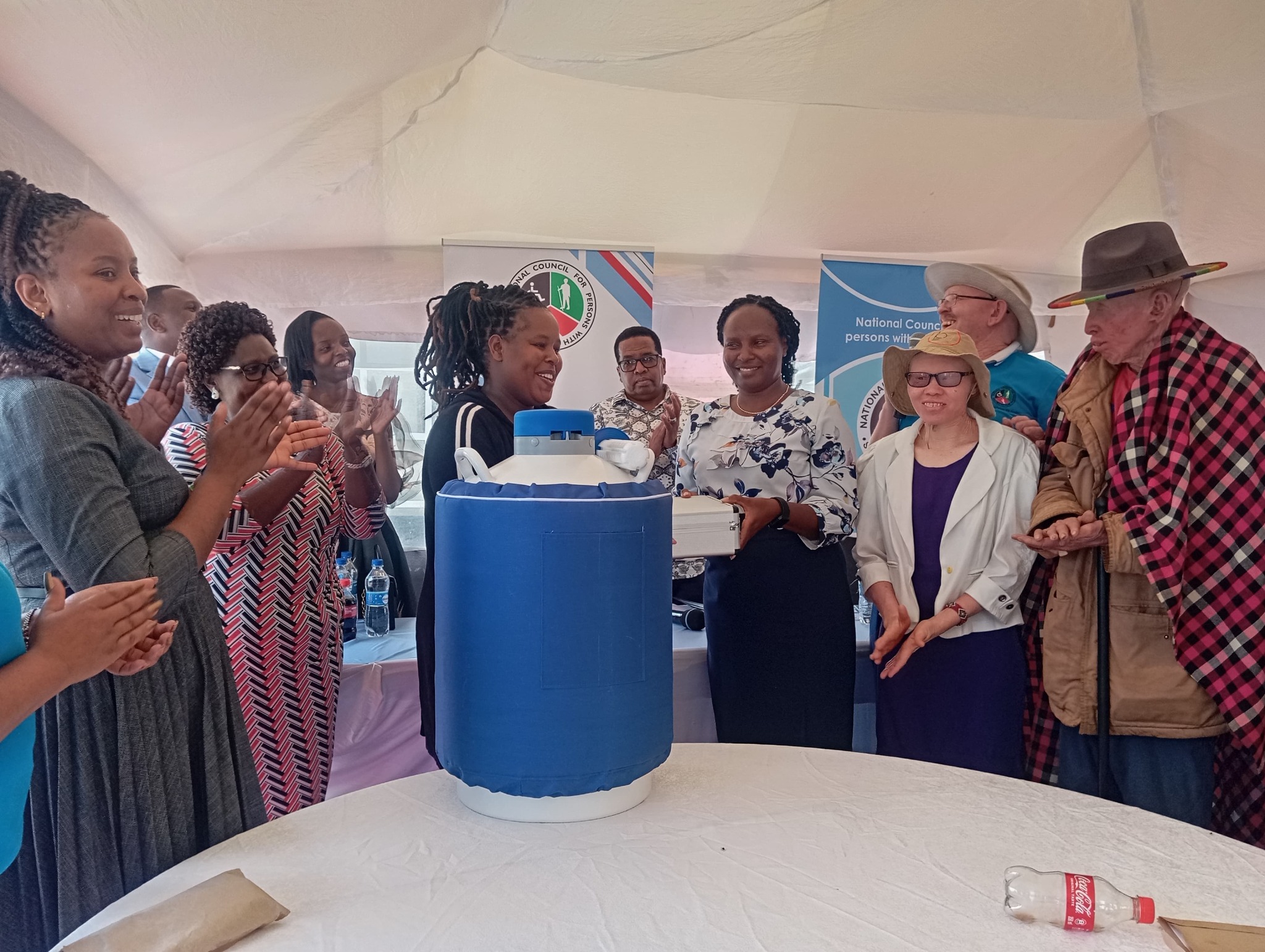90% Of Kenyans With Epilepsy Don't Seek Medical Care Due To Stigma-KAWE CEO
By Roselyne Kavoo
About 90 percent of Kenyans with epilepsy do not seek medical care due to the high stigma attached to the disease, the Kenya Association for the Welfare of People with Epilepsy (KAWE) Chief Executive Officer (CEO) Patrick Indichu has said.
Indichu said the majority of those who do not access medical care come from rural areas and instead seek intervention from religious leaders or witch doctors.
He noted that due to the health gap, patients cannot control their seizures which hinder their daily activities.
"Due to lack of correct interventions people with the disease cannot function well, they cannot contribute to the economy because they cannot work or go on with their daily activities," said the CEO.
Indichu underscored the need to create awareness to demystify misconceptions about the disease for better healthcare outcomes.
He said epilepsy was one of the highly stigmatized Non-Communicable Diseases (NCDs) and attributed the stigma to the way the conditions of the disease manifest.
“People associate epilepsy with witchcraft due the seizures and fits. The stigma leads to poor health choices and we need to change that,” added the CEO.
Indichu pointed out that the disease is treatable and people suffering from the disease can lead normal lives if they seek health care.
“Epilepsy is not witchcraft, it is treatable. It also can affect anyone at any age,” he noted.
The CEO spoke at Muumandu Health Centre in Kalama sub-county during a registration exercise for people with epilepsy in the area done in collaboration with the National Council for People with Disabilities. (NCPWD)
“Epilepsy is a disability and many people with epilepsy are not registered with the council because the disease is not easy to diagnose. Those that have the disease may appear to be normal,” said Indichu.
He said the data will help the association and both the county and national government in planning for the treatment of the disease.
"The data we collect here will be relayed to the county government to help treat the disease. We have already signed a memorandum of understanding with the county government on epilepsy,” added the CEO
Indichu lauded the devolved units for putting in place proper measures to ensure that people suffering from the disease access medical care.
"Counties are doing a tremendous job and there is a deliberate effort to ensure that medication is available,” he said.
Mary Kioko whose 20-year-old daughter suffers from the disease hailed the move by the association to have people with the disease registered with NCPWD.
Ms. Kioko said access to health care remains the biggest challenge as many patients cannot afford the medication.
"Our plea is to have the medication given for free, my daughter who has lived with the disease for 13 years suffers two or three seizures daily, and cannot lead a normal life. The tablets she takes are very expensive and I stopped working to take care of her,” she added.
About one million Kenyans suffer from epilepsy according to KAWE.
Tags: Ncpwd Non-Communicable Diseases Welfare Of People With Epilepsy
Related
Share this article
Experienced and versatile writer, dedicated to using my exceptional writing and editing skills to inform and advocate. My work focuses on educating and entertaining readers on a range of topics, with a particular expertise in matters of disability.
View articles

